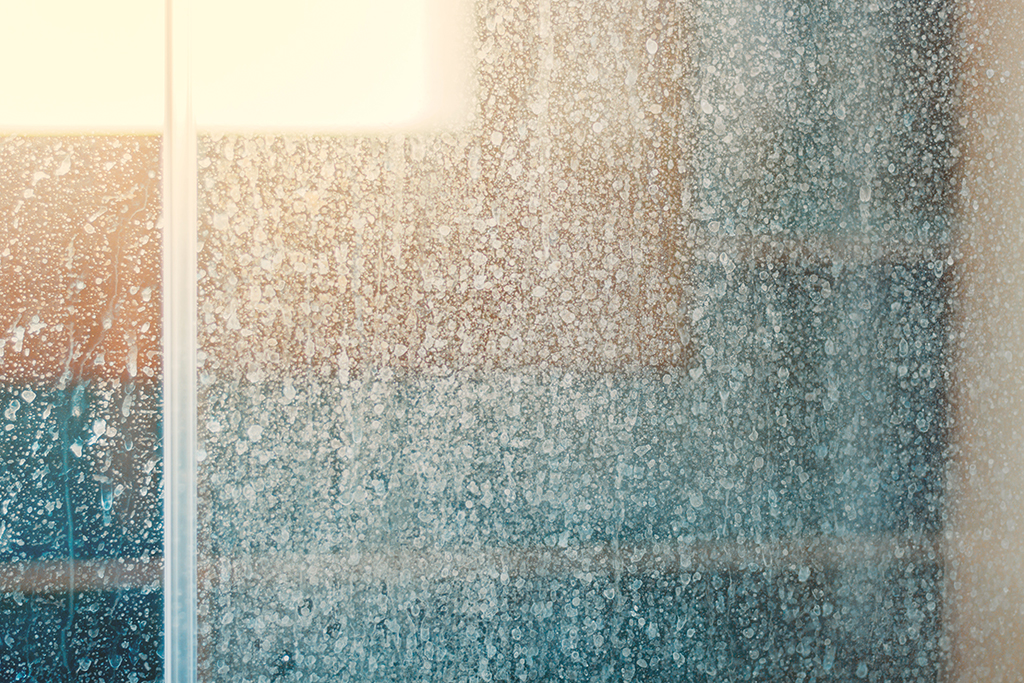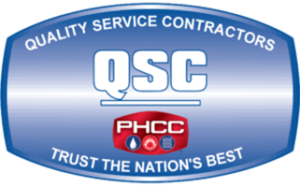Hard water can be a nightmare for both home and business owners in Potomac, MD, damaging appliances, pipes, and much more. However, you’d be surprised to learn that about 85% of homes in the US receive hard water. While hard water can wreak havoc in our homes, it’s something most of us have had to learn to live with.
One appliance that bears the brunt of the effects of hard water is the water heater. Hard water adversely affects our water heaters, compromising their efficiency and sometimes rendering them inoperable.
In this piece, we discuss the effects of hard water on water heaters and how professional water heater repair helps.
What is Hard Water?
Hard water is water with a higher-than-usual mineral content. All water contains minerals, but water with a higher magnesium and calcium content is hard water. Water hardness is the quantity of dissolved salts in water. The higher the amount of dissolved salts, the “harder” the water is.
Signs of Hard Water Damage to Your Heater
Hard water can do a number on your water heater. The heat from your heater makes mineral deposits calcify around the heating element. This compromises the heater’s efficiency and leads to a host of other issues thereby necessitating water heater repair. Here are a few signs of hard water damage in your water heater:
Skyrocketing Energy Bills
The most apparent sign of hard water damage to your heater is abnormally high energy bills. As the hard water hurts your water heater’s efficiency, so do your electricity bills increase. Inexplicable increases in your energy spending could indicate hard water damage.
Water Discoloration
Water from your faucets or shower head should be mostly clear. Cloudy water from your faucets and shower heads signifies hard water damage. This cloudiness results from excessive mineral buildup inside the water heater.
Not Having Enough Hot Water
The layer of mineral deposits on the heating element makes it harder for your heater to heat water. This results in a lack of enough hot water for you and your family. If you have to wait much longer to get hot water, hard water is likely damaging your water.
Strange Noises from Your Water Heater
Rumbling and popping noises also result from sediment buildup in your water heater. When hot water enters the tank, it expands and moves the sediment deposits to the top. These sediments scrape the tank way on the way up, making a strange rumbling sound.
Sometimes, you might hear an equally strange popping sound. This sound occurs when steam bubbles form under limescale (mineral deposit). These steam bubbles expand when heated and burst through the limescale to create the popping sound.
The Science Behind How Hard Water Affects Water Heater Performance
As mentioned earlier, hard water compromises the performance of your water heater. This notion can be difficult to wrap your head around, considering that hard water is still liquid water. So what’s the science behind hard water and water heater inefficiency?
Calcium and magnesium salts dissolve in water at room temperature to become barely visible. However, at high temperatures, these salts adhere to the surfaces of the heating elements forming limescale. Over time, layers of limescale form on the heating element and create an insulating layer. Your water heater must work harder to heat water, increasing its energy consumption.
Prevention Techniques to Protect Your Water Heater from Hard Water Damage
If you don’t have access to have soft water at your Potomac, MD home, there are still plenty of ways to mitigate hard water damage on your water heater. Some of them include the following:
Installing a Water Softener
A water softener is a filtration system that softens water by removing calcium and magnesium salts through ion exchange. Water from the main enters the tank and flows through resin beads composed of negatively charged ions (anions). Since calcium and magnesium are positively charged (cations), they are attracted by the anions and cling to the resin beads. This method removes the minerals from water, leaving you with harmless, soft water.
Set Your Water Heater to Lower Temperatures
The higher the water heater temperature, the more mineral buildup. Lowering your water heater temperature reduces the buildup and helps maintain your heater’s efficiency. Manufacturers recommend a temperature of about 120 degrees Fahrenheit, but you can go lower if you want.
Repair Solutions for a Water Heater Damaged by Hard Water
Professional water heater repair should help you address any hard water damage to your water heater. Here are a few water heater repair solutions to curb hard water complications.
Flushing the Water Heater
Water heater flushing involves completely emptying the water heater tank by draining it with a hose to an approved draining point. Flushing removes all the sediment and gives you direct access to the heating element so you can clean it spotless. This is an effective water heater repair technique that gets rid of all limescale. Consider getting a water softener right after flushing the water heater to keep the problem from recurring.
Replacing the Heating Element
Sometimes the damage from hard water may be too much to salvage. The best water heater repair for such cases is replacing the heating element. Heating elements with excessive mineral buildup are difficult to clean. Professionals will help you pick a replacement heating element and replace your current one.
Why Regular Maintenance is Important to Ensure Your Water Heater Runs Smoothly
While hard water poses a serious risk to the functionality of your water heater, a little maintenance could go a long way in preventing extensive water heater damage. For instance, routine flushing helps remove limescale from your tanks and prevents the accumulation of sediments on your heating elements.
Installing a softener also softens your water to sidestep hard water damage. A reputable water heater repair company will help you pick out and install the right water softener for your plumbing system. That way, you’ll no longer have to worry about hard water damaging your water heater.
Get Rid of Your Hard Water Problems
Hard water is incredibly detrimental to your water heater, but it doesn’t have to be. By installing a water softener, you can protect your water heater from the devastating effects of hard water. But if you’re too late, arrange or prompt water heater repair before the damage gets out of hand. Contact Clarksburg Plumbing for your water heater repair in Potomac, MD. Let us help keep your water heater in tip-top shape.
See our previous post here!
Photo By Nadezhda Akimova at Shutterstock









